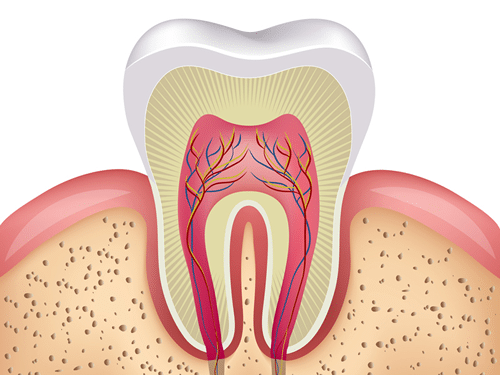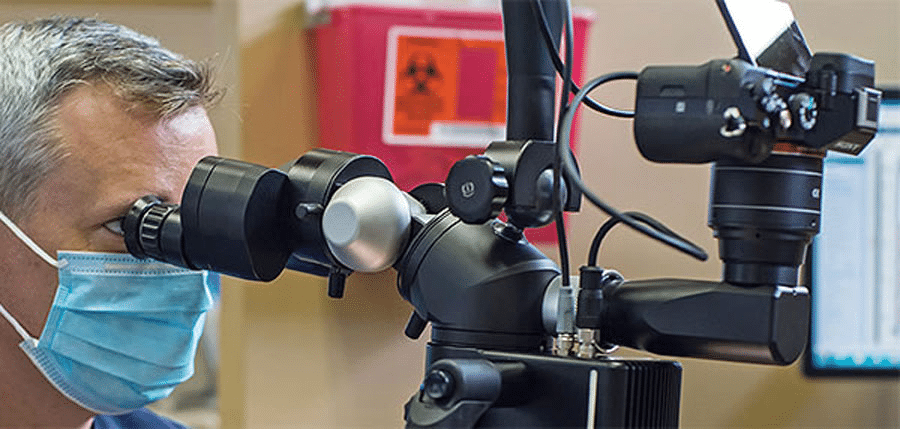ENDODONTICS

WHAT ARE THE ADVANTAGES OF TREATMENT?
HOW IS TREATMENT CARRIED OUT?

IS ROOT CANAL TREATMENT PAINFUL?
AFTERCARE FOR YOUR ROOT-TREATED TOOTH
As far as possible, avoid chewing or biting on the tooth being treated until you have it permanently restored with either a filling or a crown. Excessive pressure at this stage may crack or fracture the tooth. Therefore, it is very important to restore the tooth properly as soon as possible. Most endodontically treated teeth last as long as natural teeth following permanent restoration.
Practise good oral hygiene, including brushing and flossing at all times, as root-filled teeth are as prone to decay as natural teeth. It is also important to have your treated tooth reviewed regularly by your dentist.
CONTACT OUR Team
We can offer a range of solutions for your perfect smile. Just fill out the form below to arrange your consultation:
Our team use their extensive training and knowledge to assist, inform and educate you, ensuring you can make informed decisions that are right for you.
This means that all our patients have someone to talk to, throughout their journey with us. Fill out the form and we'll get in touch.

Popular Treatments
Cosmetic Dentistry
Restorative Dentistry
Dental Implants
Teeth Whitening
Hygienist
Emergencies
If you are already registered with us and require emergency treatment please call the practice to book in.
Opening Hours
Copyright © 2024 Ilchester Dental Care | SEO & PPC - Takeoff Digital
